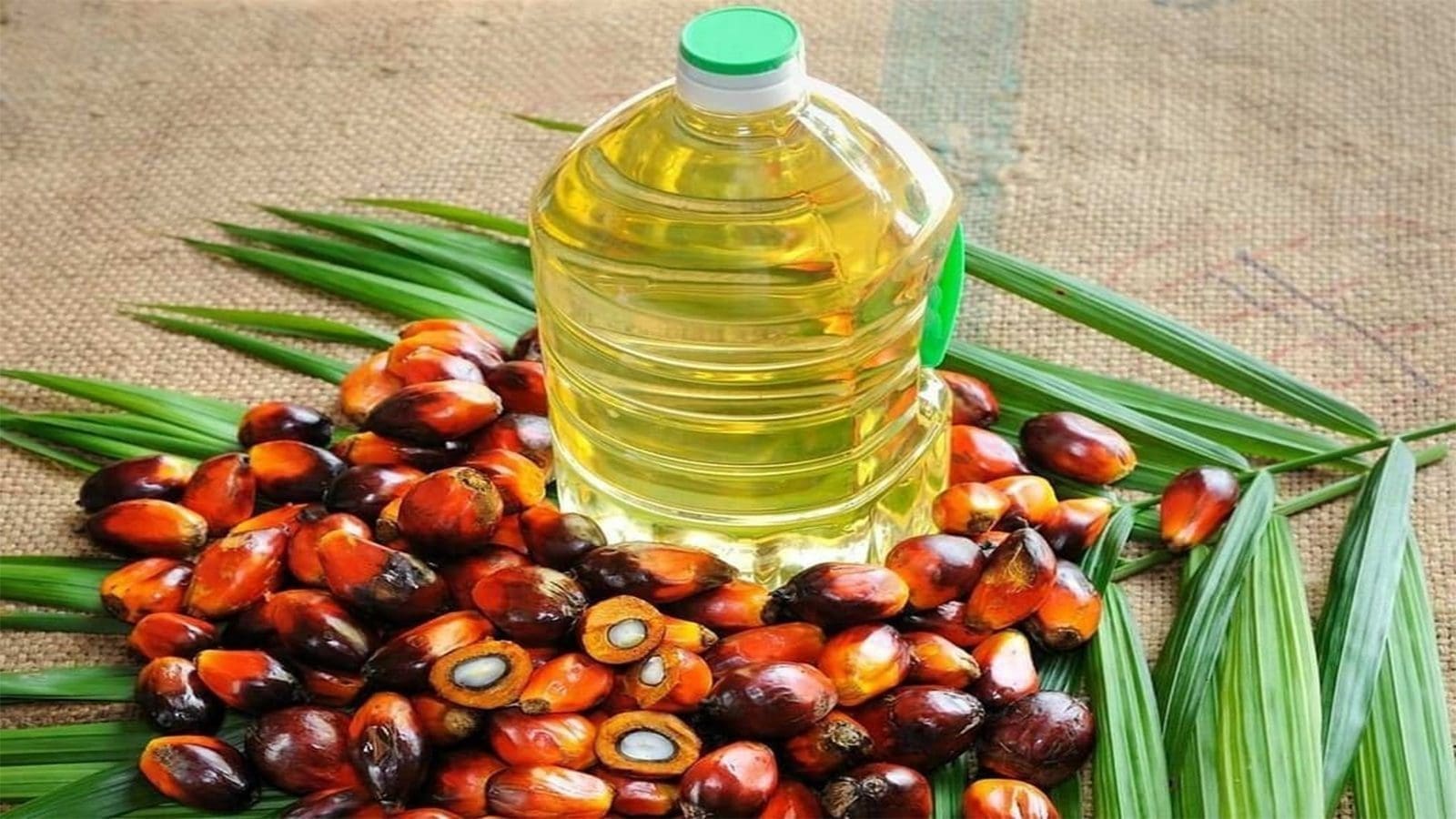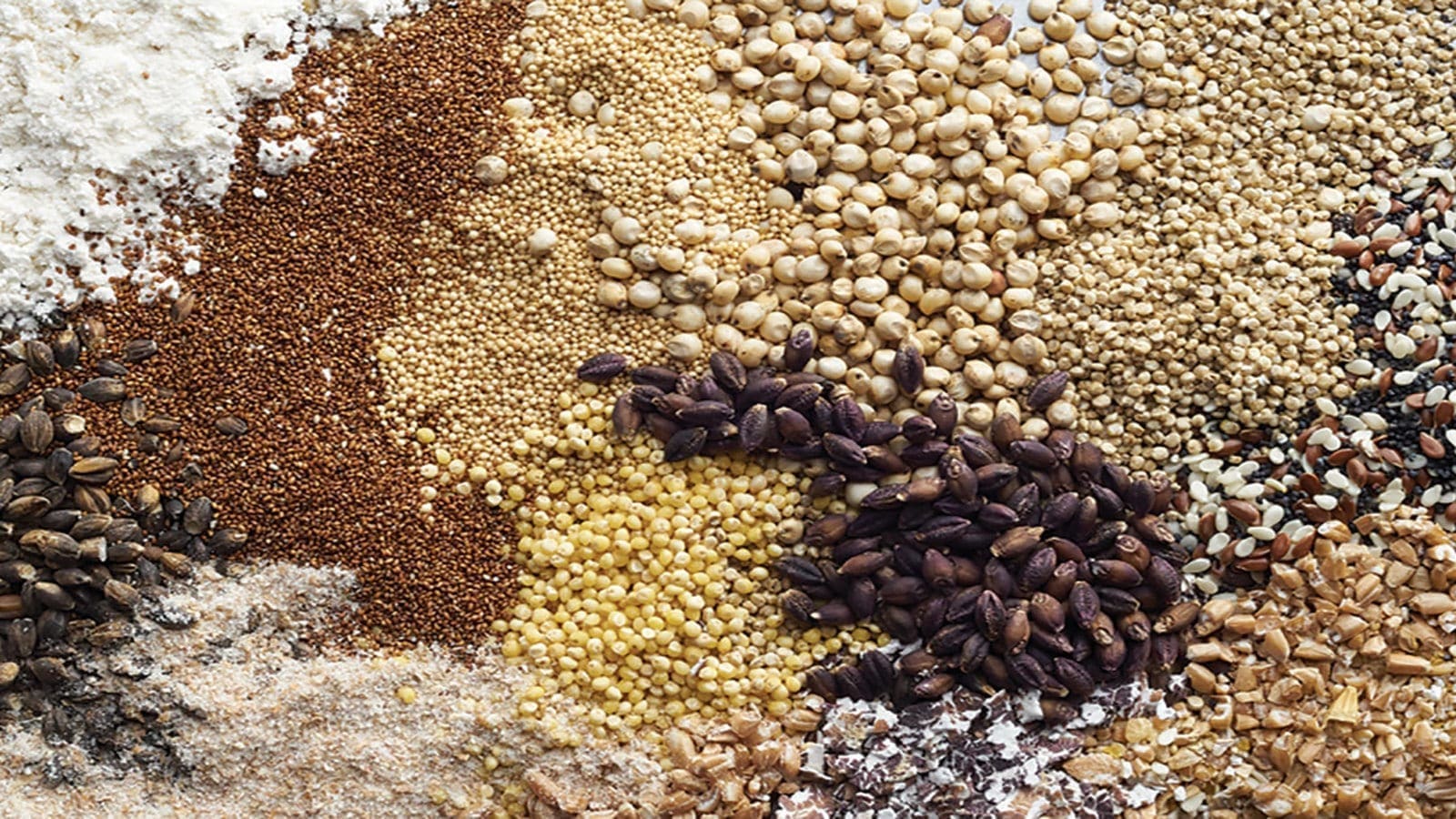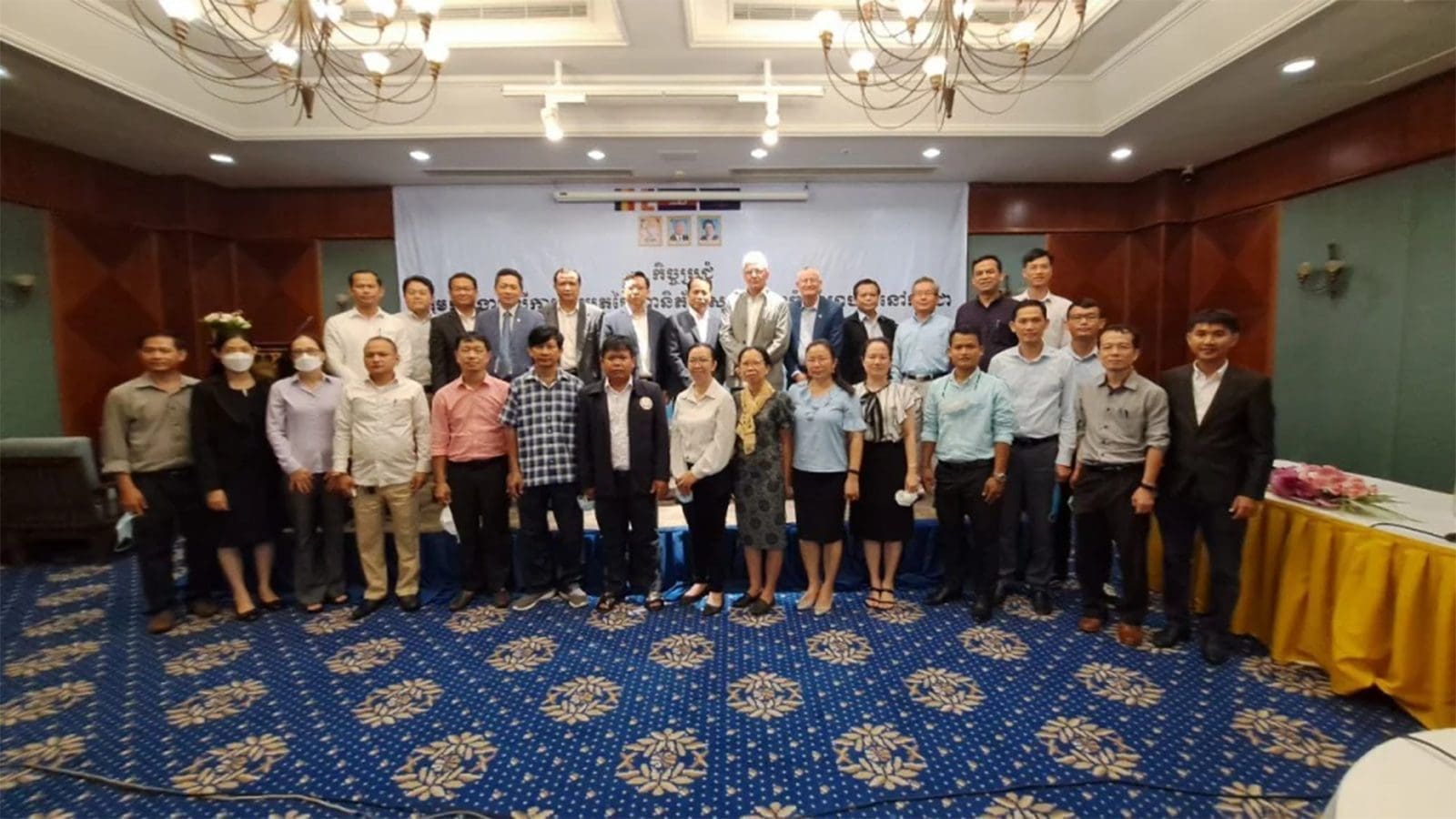GHANA – In a collaborative effort to safeguard public health and strengthen the palm oil industry, the Ghana Food and Drugs Authority (FDA), the Artisanal Palm Oil Millers and Outgrowers Association, and other stakeholders are set to commence the implementation of a comprehensive palm oil traceability system.
The system, developed last year in collaboration with Solidaridad, aims to identify individuals involved in illicit activities along the palm oil supply chain.
A survey carried out by the FDA last year revealed that palm oil adulteration has now reached 23%, an indication that the practice of adulterating palm oil with Sudan IV Dye is still ongoing.
The FDA’s traceability system, launched at a stakeholders meeting held at the FDA Head Office in Accra on May 30th, 2023, is expected to significantly improve food safety concerns and protect the well-being of consumers throughout the country.
Paul Amaning, the President of the Artisanal Palm Oil Millers and Outgrowers Association of Ghana, emphasized that the traceability system will not only ensure the integrity of the industry but also facilitate the exportation of authentic and healthy palm oil to the global market.
To mitigate risks to consumers, the FDA will implement a licensing system for palm oil processors, with the association issuing traceability QR codes on packaged palm oil.
The Traceability and Compliance Data Authority (TCDA) will monitor all palm oil transportation within the market through the issuance of waybills from the Association. A meeting between the stakeholders is scheduled to take place.
Amaning stressed the importance of keeping all relevant parties informed, stating that the FDA will require location information and national identification from participants.
Registered individuals will be issued ID cards embedded with bar codes, which will be frequently scanned for tracing purposes.
He also called upon market women and queens to help identify members for registration, thereby contributing to the success of the traceability mechanism.
The implementation of this traceability system is expected to bolster Ghana’s credibility in international trade, assuring foreign partners of the country’s commitment to delivering high-quality and uncontaminated palm oil products.
Regulatory actions will include the seizure of contaminated palm oil, prosecution of criminals involved, and collaboration with market queens to identify offenders engaged in palm oil adulteration.
The introduction of a robust traceability system marks a significant milestone in Ghana’s ongoing efforts to enhance food safety, protect consumer health, and foster the growth and integrity of the palm oil industry.
For all the latest food safety news from Africa and the World, subscribe to our NEWSLETTER, follow us on Twitter and LinkedIn, like us on Facebook and subscribe to our YouTube channel.








